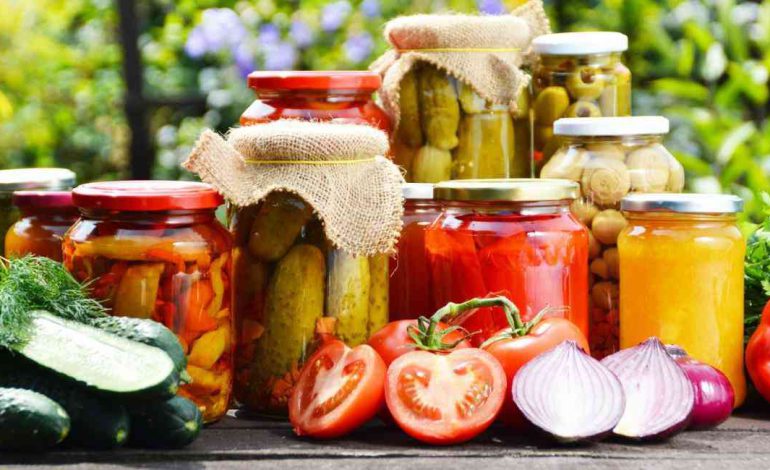Why Fermented Food Can Boost Your Child's Immunity

Years before refrigeration and canning of food were acceptable, ancient civilisations had perfected another form of food preservation – lacto-fermentation. Lacto-fermentation refers to a process where natural bacteria feed on starches and sugars in vegetables and fruits producing lactic acid which in turn acts as a natural preservative, inhibiting the production of putrefying bacteria, which bring about rot.
Years before refrigeration and canning of food were acceptable, ancient civilisations had perfected another form of food preservation – lacto-fermentation. Lacto-fermentation refers to a process where natural bacteria feed on starches and sugars in vegetables and fruits producing lactic acid which in turn acts as a natural preservative, inhibiting the production of putrefying bacteria, which bring about rot.
Good examples of foods that can undergo lacto-fermentation include dairy products (cheese, yoghurt, kefir and mursik). Tomatoes can also be fermented to create sauce and ketchup.
Benefits of lacto-fermentation
Increased nutrients and taste:
Fermentation process not only enhances nutrients, but also helps to create new nutrients. Additionally, it also helps to curtail the development of certain diseases as it adds antibiotic and anti-carcinogenic substances. It also produces vital B-vitamins and Omega 3. Furthermore, the process also changes the taste of food, providing various flavours ranging from sweet and sour to tangy.
Probiotics
The bulk of the body’s immune system lies in the gut, which depends heavily on the balance between good and bad bacteria. Fermented foods help increase ‘good’ bacteria in the gut, which then help to counter the effects of disease or discomfort-causing bacteria.
Improved digestion
The fermentation process changes the chemistry of foods for instance, whereas fresh dairy products are rich in lactose, during fermentation, it is broken down into glucose and galactose which makes digestion easier for people who may be lactose intolerant and easing conditions such as constipation and irritable bowel movement.
Bonus home made ketchup recipe
Kick up things at the dinner table a notch higher with this killer ketchup recipe from homemademommy.net
Ingredients:
• A can of tomato paste (100gms)
• A third cup of honey
• 3 tbsp apple cider vinegar
• 3 small garlic cloves,
• 6 tbsp of whey (liquid strained from whole milk yoghurt)
• 2 teaspoons of honey
• A pinch of cayenne paper
Prep time:
Seven minutes.
Directions:
Mix all the ingredients in a jar thoroughly then transfer into a tightly closed jar. Leave at room temperature for three days then move to the refrigerator for storage.
For more tips and interesting recipes, follow us on twitter @parentsafrica




